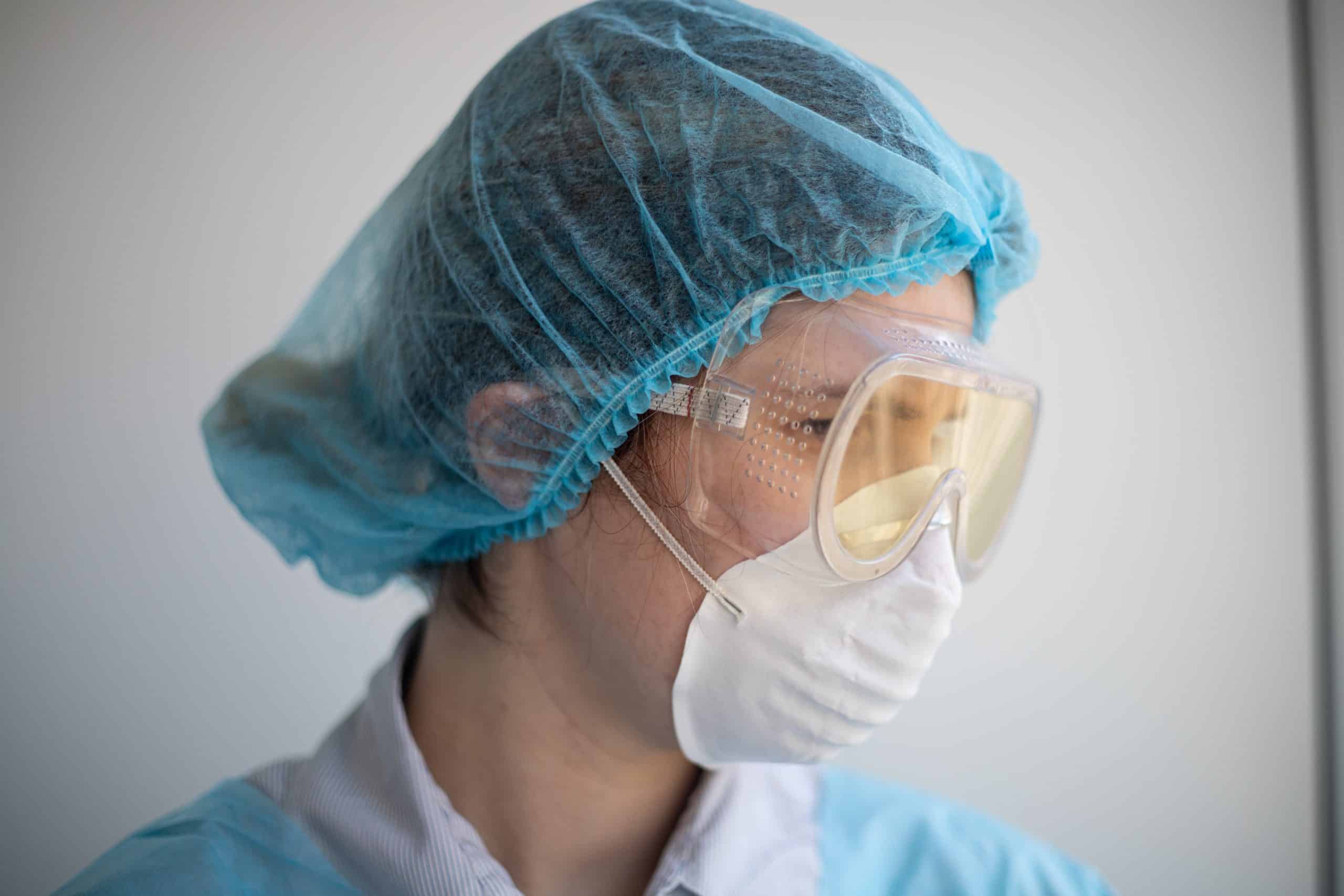After six months of state-imposed lockdown, the United States faces nationwide mask and COVID test shortages, record high unemployment rates, and over 200,000 COVID-related deaths. Since Congress passed the $2.2 trillion Coronavirus Aid, Relief, and Economic Security (CARES) Act in April, most Americans’ financial situations still haven’t recovered. Now, as Congress debates how many more trillion dollars it’s going to spend trying to mend the government-created financial crisis, one thing should be clear: the Pentagon should not receive another dime of bailout funds.
The Department of Defense (DoD) used taxpayer money meant to address the pandemic to prop up the military-industrial complex, diverting CARES Act funds intended for medical supplies and awarding them to private defense contractors. Instead of manufacturing N95 masks, swabs, and other personal protection equipment (PPE), the funds went to projects unrelated to pandemic relief, such as making jet engine parts, body armor and uniforms, and drone technology. A third of the private companies that received Pentagon assistance already drew from another CARES Act bailout program, the Paycheck Protection Program. Defense contractors double-dipped while hospitals around the country scrounged for PPE.
Undersecretary of Defense For Acquisition And Sustainment Ellen Lord told reporters in April that 75 percent of the $1 billion fund would be spent on medical supplies and the remaining funds would go toward defense contractors. It quickly became apparent that the Defense Department had other priorities when Lord revealed in June that more money would go to defense contractors. The administration has spent three dollars on defense contracts for every dollar it spent on acquiring PPE.
Using taxpayer money intended for manufacturing PPE for anything else is reprehensible. Pentagon officials have tried to justify padding the pockets of defense contractors by pointing out that some small businesses would not have survived without the CARES Act funds. Yet, only one third of awards granted went to small businesses.
Instead, the Pentagon funneled millions of dollars to industry giants like General Electric and Rolls-Royce. The DoD awarded GE Aviation two contracts worth $75 million in June and gave $22 million to a subsidiary of Rolls-Royce to upgrade a Mississippi plant. These massive contracts did not stop GE Aviation from announcing it planned to cut 13,000 jobs in response to the economic downturn. The Pentagon should have used the money to address COVID—the state’s justification for shutting down the economy—instead of throwing money to big businesses who rolled out massive layoffs anyways. Why is subsidizing well-established companies like Rolls-Royce and GE a priority over providing PPE to millions of Americans?
Democrats in Congress have called for an investigation into the Pentagon’s misappropriation of the COVID relief funds. “The reported misuse by DoD of federal funds meant for the response to the deadly pandemic plaguing our country is inconsistent with the will of Congress and may be illegal,” wrote Sen. Elizabeth Warren and Rep. Ro Khanna in a letter to the Pentagon’s inspector general asking for a review of the use of the CARES Act funds. Certainly a small business grant recipient would be held accountable if it decided to use its loan for unrelated purposes. Shouldn’t the Pentagon be held to the same standards?
The DoD already enjoys the largest discretionary expenditure in the national budget, raking in an all-time high of $723 billion for Fiscal Year 2020. The bloated DoD budget should have disqualified them from any stimulus money in the first place, but Congress still dished out $1 billion in April. Their inability to responsibly use COVID relief funds has not stopped the Pentagon from requesting an additional $11 billion from any future stimulus bill. The misapplication of COVID relief money shows taxpayers that they cannot trust the DoD to put Americans’ safety over the profits of their contractors.
The stimulus package was flawed from the start. Rep. Thomas Massie criticized the extraneous funding in the CARES Act from the beginning, condemning the $25 million allocated to the Kennedy Center and multiple grants for the National Endowment for the Humanities and Arts. Instead of subsidizing superfluous art programs, this money could have gone to directly purchasing PPE.
As the White House restarts talks with Congress about passing further aid measures, we must remain vigilant that any future money spent goes to benefit Americans in need rather than the war machine.
Nickie Deahl is a former research intern at the Quincy Institute. She holds a master’s degree in International Security from George Mason University’s Schar School of Policy and Government. You can follow her on Twitter @NickieDeahl.































